When: 24 November 2022 17.00 – 19.00 – Zoom Platform
Book your space via EventBrite here.
This seminar will focus on adverse effects of imprisonment from several perspectives. Sophie Ellis will provide an update on the problems of IPP sentences and prospects for reform following the Report of the House of Commons Justice Committee on 28 September 2022.
Contributions from Michael O’Brien, John Kamara and Adrian Grounds will consider the psychological and social consequences of miscarriages of justice; and Shona Minson will consider the effects of imprisonment on families. Issues needing or further research will be highlighted.
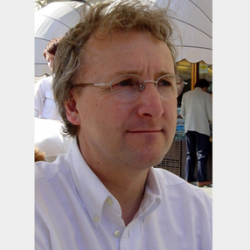 Adrian Grounds
Read More  Sophie Ellis
Read More 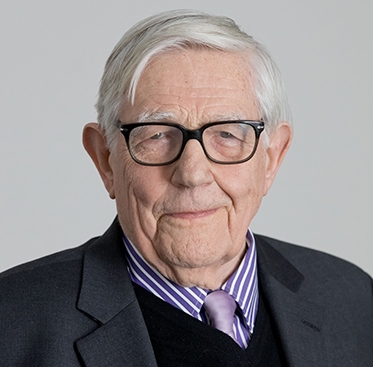 John Gunn CBE
Read More 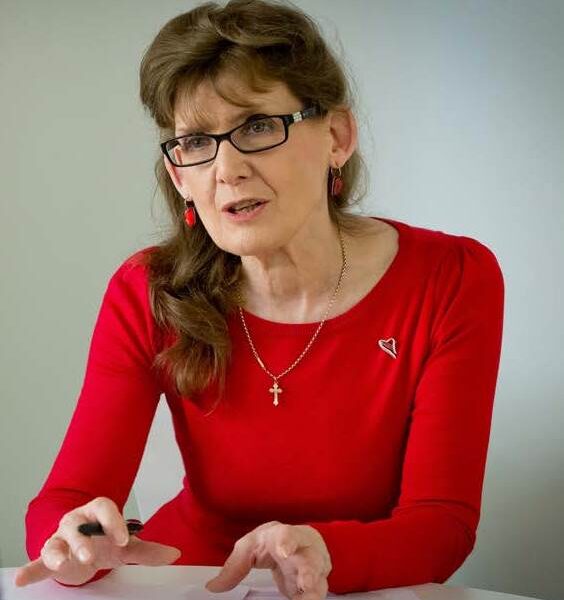 Pamela Taylor CBE
Read More  Dr Shona Minson
Read More 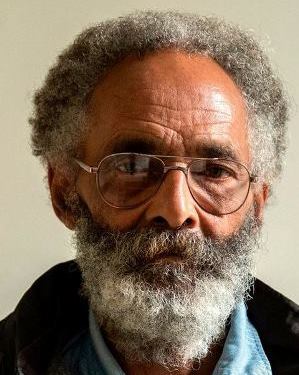 John Kamara
Read More 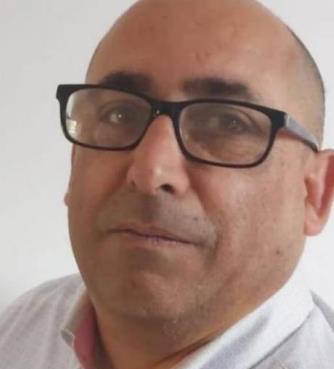 Michael O’Brien
Read More  Adrian Grounds Honorary Research Fellow, Institute of Criminology, University of Cambridge. He was previously University Senior Lecturer in Forensic Psychiatry at the Institute of Criminology, and Consultant Forensic Psychiatrist in the Cambridgeshire & Peterborough NHS Foundation Trust. He is a Sentence Review Commissioner and Parole Commissioner in Northern Ireland, and a medical member of the First Tier Tribunal (Mental Health).  Sophie Ellis Sophie Ellis is a forensic psychologist and currently a PhD student at the Institute of Criminology, Cambridge, completing a major research project on the social and moral world of prison psychologists. She has also co-ordinated a network of professionals concerned about IPPs and has led substantial contributions to the case for their reform.  John Gunn CBE Emeritus Professor of Forensic Psychiatry at the Institute of Psychiatry. King’s College London. Medical training in Birmingham. Psychiatric training at the Maudsley. Professor of Forensic Psychiatry at the Institute of Psychiatry 1978-2002. At the Maudsley developed the largest postgraduate teaching centre in Britain for forensic psychiatry, including London’s first medium security service, the Denis Hill unit. Research has included epidemiological studies of prisoners, a controlled study of the therapeutic community at Grendon prison, relationships between violence and mental disorder. An emphasis on education resulted in a large training scheme for forensic psychiatrists and the development of a diploma in forensic psychiatry. With Professor Pamela Taylor co-editor of a large textbook of forensic psychiatry (now in its second edition). Other books include one on epileptic prisoners, another on violence and another on the therapeutic community at Grendon. Co-editor Criminal Behaviour and Mental Health.  Pamela Taylor CBEPamela is Professor of Forensic Psychiatry in the School of Medicine, Cardiff University and consultant forensic psychiatrist in Abertawe Bro Morgannyg and Cardiff & Vale University Health Boards, and forensic psychiatry advisor to the Chief Medical Officer for Wales. She is a fellow of the Academy of Medical Sciences. She leads the Offender Health Research Network-Cymru (OHRN-C) and is a member of the scientific council of the Dutch Expertise Center for Forensic Psychiatry. Her main research themes include understanding associations between mental illness and violence and meeting the needs of alcohol misusing offenders. She is lead editor of Criminal Behaviour and Mental Health and international editor of Behavioral Sciences and the Law. Her books include Violence in Society (1993), Couples in Care and Custody (edited with Tom Swan, 1999), Personality disorder and serious offending (edited with Chris Newrith & Clive Meux, 2006), Forensic psychiatry, clinical, legal and ethical issues (1993, 2014, edited with John Gunn)  Dr Shona Minson Shona Minson is a Barrister and currently a British Academy Post-Doctoral Fellow at the Centre for Criminology, Oxford. She has conducted distinguished and influential research on the impact on children of parental imprisonment, particularly the sentencing of mothers.  John Kamara John Kamara was wrongly convicted of murder in 1981 and spent 19 years in prison before his conviction was quashed in 2000. A BBC Rough Justice programme, ‘Life after Life’ followed his first year of freedom.In the years since his release John has worked continuously to support and highlight the needs of those who have suffered miscarriages of justice.  Michael O’Brien Michael O’Brien was wrongly convicted in 1988 for murder. He was imprisoned for 11 years before his conviction was quashed. In 2016 he published a book, ‘Prisoners in Limbo’ about the unjust effects of IPPs on prisoners and their families; and last year published ‘The Dossier’, a book about miscarriages of justice in South Wales between 1982 and 2016.In the years since his release Michael has worked continuously to support and highlight the needs of those who have suffered miscarriages of justice. |
Schedule:
Chair: Professor Pamela Taylor University of Cardiff
17.00 – 17.10 Welcome and Introduction
Professor John Gunn – Emeritus Professor of Forensic Psychiatry, Institute of Psychiatry, London
17.10 – 17.30 IPP sentences: problems and prospects
Sophie Ellis – PhD student, Institute of Criminology, University of Cambridge
17.30 – 17.50 Experiencing wrongful conviction and imprisonment
Michael O’Brien (London) and John Kamara (Surrey)
17.50 – 18.20 Psychiatric consequences of wrongful conviction and imprisonment
Dr Adrian Grounds – Honorary Research Fellow, Institute of Criminology, University of Cambridge
18.20 – 18.40 Family consequences of imprisonment
Dr Shona Minson – British Academy Post-doctoral Research Fellow, Centre for Criminology, University of Oxford
18.40-19.00 Discussion and concluding remarks
Professor Pamela Taylor
For further information on joining Crime In Mind please visit our Membership page here.

